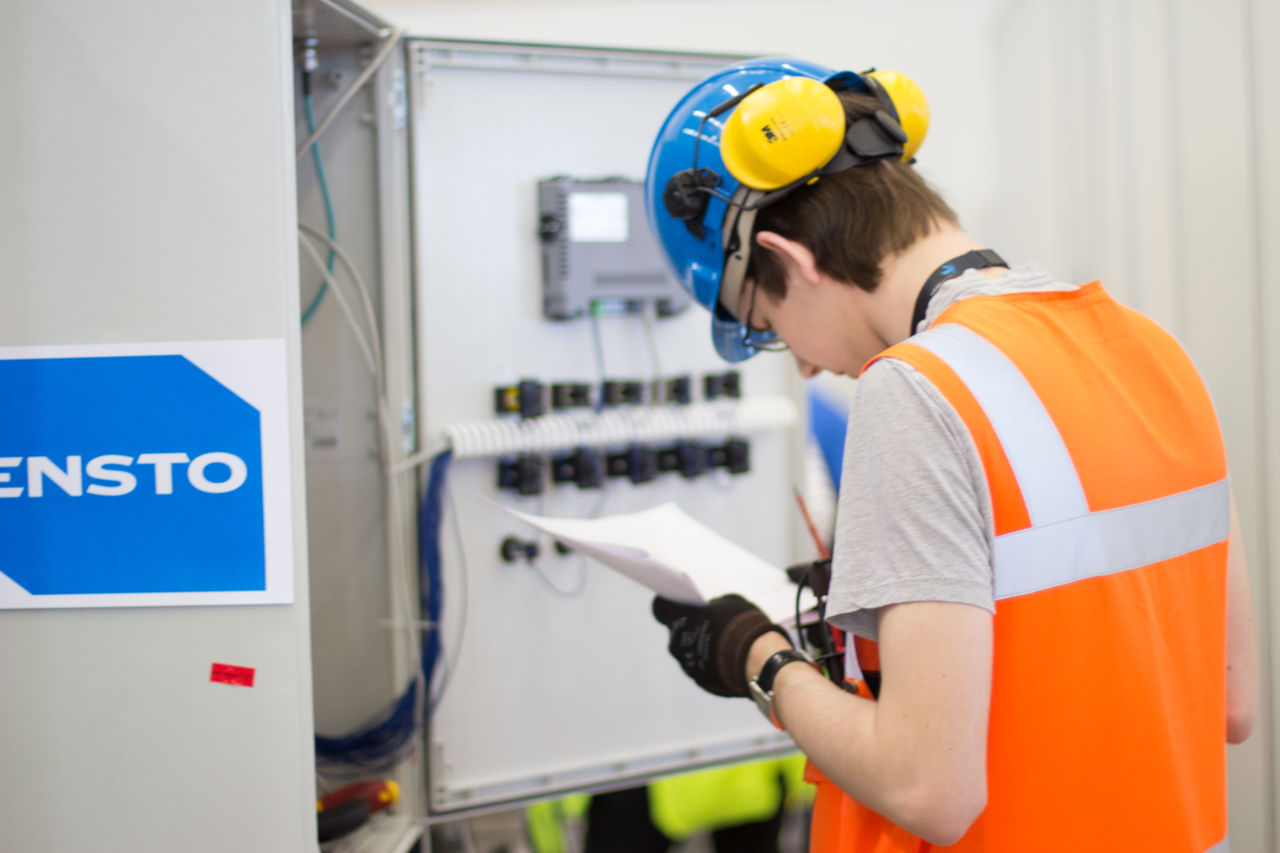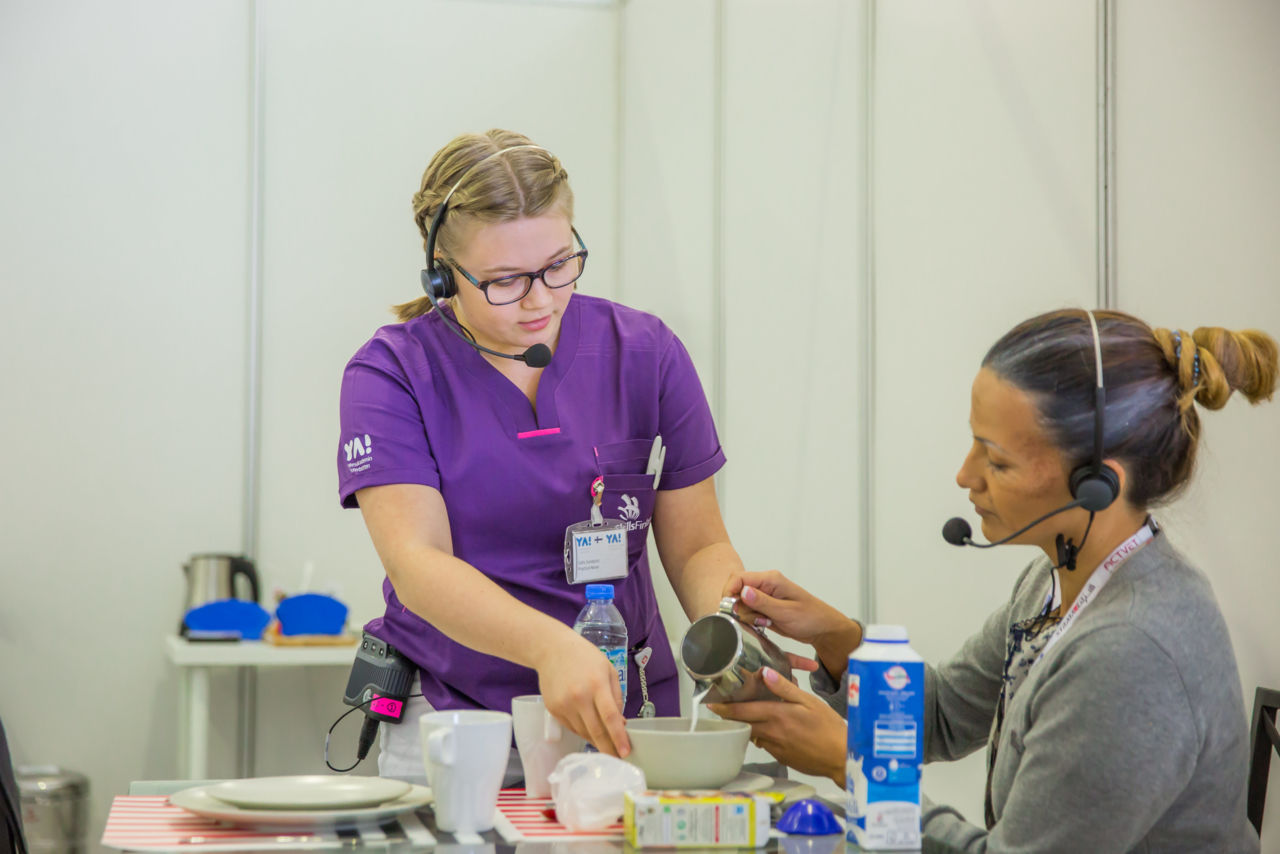23 July 2020
Don’t stay lying in the fire! Three young Finns explain what that means.

A nurse, a truck driver and a specialist in industrial automation and robotics. What do they have in common? As WorldSkills Finland points out, all are connected as key workers in the COVID-19 world.
Heikki Jansson is 19, and drives articulated vehicles after receiving his qualification from the Ammattiopisto Luovi special education vocational college last December.
He works for a transport haulage company, Kuljetus Luokkanen Oy, in his hometown of Pudasjärvi, a small town in northern Finland.
He was lucky, Heikki says, to find a job so close to home and with a company he was already working for during his studies.
He delivers chips and sawdust, by products of Finland’s most valuable natural resource that are also widely used for heating.
With winters in Finland often dropping to a decidedly chilly minus 30 centigrade, as Heikki puts it “Without it, people would be cold.”
The pandemic has highlighted the work of specialist vocational training colleges like Ammattiopisto Luovi, and its Muhos unit, which educates drivers and warehouse workers.
Heikki says he has benefited from the individual attention given to students at the college.
“I’m very satisfied. You always get help at Luovi if you need it, and they let you stay after school is over for further practice, if you feel like you need it. They made the different subjects interesting with a practical approach,” he says.
Sofia Sundqvist competed in Health and Social Care at WorldSkills Abu Dhabi 2017, and was one of a trio of Gold medal winners from Finland.
Now she works as a practical nurse, and says the skills she learned in the run up to WorldSkills have been a huge help in her job.
Her current work is in community care, helping older people in their own homes, an area that has become particularly important with coronavirus.
“Originally, I couldn’t see myself working within community care, but I was positively surprised and enjoy my work. Perhaps I didn’t realize how rewarding it can be to help people in this way,” she says.
Sofia has now applied for a nursing programme and says she feels lucky that Finland has so far been lightly affected by the disease.
“Many of our clients are worried and a bit downhearted since they can’t see their near and dear, but we try to make the best of the situation.
“I try to remain positive and not let the fear take over. We just have to take it one day at a time and take care of each other,” she says.

Finally, there is Jessie Leskinen, who studied industrial automation and electrical engineering in Savo Vocational College in Varkaus and has won Gold and Silver medals at Taitaja, Finland’s national skills competition.
Jessie, who is 25 and from eastern Finland, is continuing his studies while working for a small industrial automation company.
After the first shock of the pandemic, things have started to get back to normal, he says. “During the pandemic I’ve done loads of work for the food industry, our customers produce salads, herbs, breads, soups and even tofu.”
One important lesson is that remote working has allowed many issues to be diagnosed and resolved without leaving his desk. In one case, an entire factory was automated with a single site visit.
Working from home clearly has its benefits. “I have worked remotely from our family’s summerhouse where I can take a swim in the lake and enjoy the hot sauna after a day of working.”
“I think the biggest lesson I’ve learned is that everything can change in just a matter of days from good to bad.” Jessie quotes a tradition Finnish saying “don’t stay lying in the fire” or to take advantage of your situation.
“You have to pivot and start planning something else you can do instead,” Jessie explains.